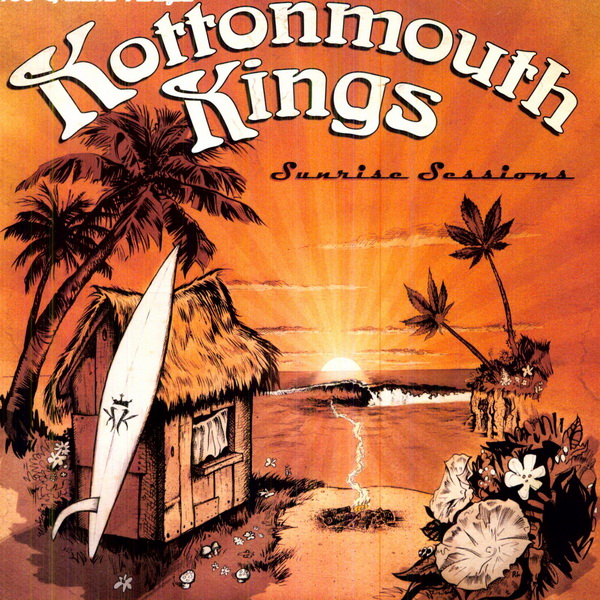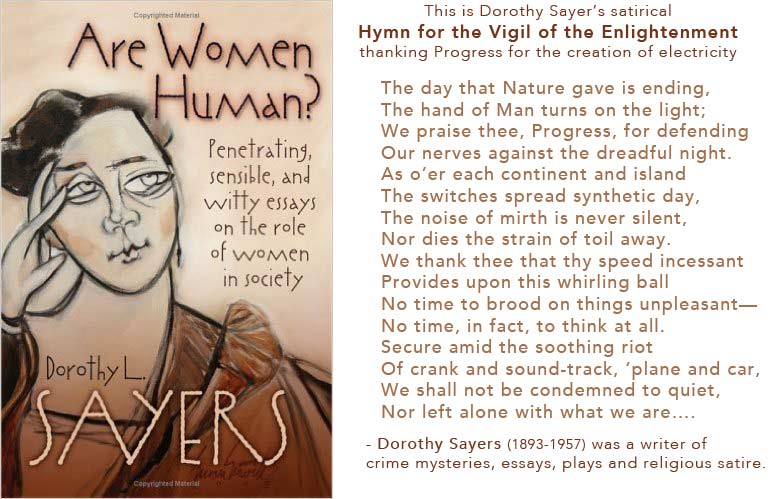
One of her Hull students had overheard her saying: “I would rather sweep the streets than teach children”. After that, in 1916, she worked as a teacher for a year in Hull. In 1915 she graduated as first women with first class honours in modern languages. During this time she started to write her first poems which she published in school or college magazines or she just wrote them for close friends as a present.

She gave a lot of tea parties, was a member of the “Bach – choir” and established a group which she named “Society for reciprocal admiration”. Dorothy enjoyed her live as a student very much. The regulation that women can study was firstly passed in 1920. At this time it was very hard for women to receive an academic degree. There she began her language studies in 1912. She went to the Godolphin School, Salisbury, where she won a scholarship to Somerville College, Oxford. But she was not good in mathematics and science. Before she was thaught latin, french, music (she learned to play the violin and had singing lessons) and german by her father, aunt and mother. She was already sixteen years old when she started to visit a school.

ĭorothy Sayers was brought up at Bluntisham Rectory, Cambridgeshire. This initial “L” was always very important for her and if somebody forgot it he or she had to expect a reproach. This name was given to Dorothy as her second first name. The maiden name of Helen Mary Sayers was Leigh. Her mother, Helen Mary Leigh Sayers, was the daughter of a solicitor. Henry Sayers made an impressive clerical and schoolmasterly career.

Her father was at the time headmaster of Christ Church College, and she was born in the headmaster's house. A short biography of Dorothy Leigh Sayers - English detective – story writer, dramatist, poet and essayistĭorothy Leigh Sayers was born at Oxford on 13th June 1893, the only child of the Rev.

A characterization of Lord Peter Wimsey after the novel “Gaudy Night”ģ.2 Which type of detective is Lord Peter Wimsey?ģ.3 The origin, the career and the way of livingģ.4 The appearance and the character of Lord Peter Wimsey


 0 kommentar(er)
0 kommentar(er)
